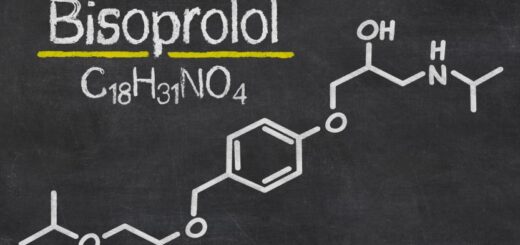Dr. Amit Gupta: a Case of Hyperglycemia Management in Elderly

CASE OVERVIEW
The ADA recognizes that overtreatment of diabetes in eldelry population is common and should be avoided. “ Deintensification (or simplification) of complex regimens is recommended to reduce the risk of hypoglycemia, if it can be achieved within the individualized A1C target.” Dr. Amit Gupta came across such a case of hypoglycemia when Dr Singhal, a 86 year old retired professor of surgery from a medical college, having diabetes mellitus type 2 and hypertension for the last 40 years visited him. Patient is also having hypothyroidism, dyslipidemia. He is living an active life. He was treated at his hometown with glimepiride 1 mg twice a day, metformin 500 mg twice a day for several years. Patient was having poor glycemic control and subsequently patient was initiated on insulin by the treating physician. The patient was taking injection Human Mixtard 30/70 24 units twice a day with pre lunch Actrapid 6 to 8 units. His other medications included Levothyroxine 25 mcg, Atorvastatin 20 mg and Ramipril 2.5 mg. Patient had a history of hospitalization for community acquired pneumonia complicated by acute renal failure in May 2019. Patient has been recently diagnosed with a rectal mass and underwent transanal resection of the mass in July 2019. Patient presented with complaints of large fluctuations in blood sugar along with symptoms like tremors, sweating and palpitations.
DIAGNOSIS
BP- 121/65 mm , HG HR- 71/min , Weight – 65 kg
HB- 11.6 gm/dl , Creatinine-1.3 mg% , HDL 42
TLC- 7.23 x 103 /mm3 , BUN – 18 mg% TG 180
Platelet count -185,000/mm3 SGOT- 36 IU eGFR 49ml/min
Hba1c- 7.5 SGPT – 38 ,ECG- LBBB
FBS- 86 mg% Total Cholesterol 204 CXR- Normal
PPBS- 200 mg% LDL 87 USG-WA – Fatty Liver
The patient had long standing diabetes and hypertension with GI malignancy as comorbidity. The key problem in this case was hypoglycemia, a complex insulin regimen and frequency of SMBG (6-8 times/day).
TREATMENT
Patient’s detailed history, medical records, and SMBG chart (as shown by patient) suggested that patient was having recurrent episodes of hypoglycemia. Patient was advised to reduce his current dosages of Human Mixtard 30/70 to 20 units twice a day from its previous doses of 24 units twice a day and Actrapid insulin was withdrawn. He was also prescribed a DPP4 inhibitor, linagliptin 5 mg, once a day. Patient was given the necessary education for self titration of insulin doses as per the SMBG values. He was asked to return after a week for review of his SMBG records. In a week, the patient had not experienced any hypoglycemia; fasting sugar was averaging between 130 to 140; and post prandial sugar averaged around 160-180. Patient had reduced the doses of Insulin Mixtard 30/70 to 10 units in morning and 10 units in the evening. At this visit patient was advised to stop human Mixtard 30/70. He was initiated on insulin glargine 10 units/day and metformin 500 mg was added. The patient was advised to self titrate the doses of Insulin glargine. The patient was called for a review after 2 weeks. This time average fasting glucose was between 110-120, and all postprandial sugars were less than 180 mg%. Patient had also reduced the doses of insulin glargine to 4 to 6 units/day. The patient was advised to continue with the same treatment protocol. He was advised to reduce the frequency of SMBG follow up after one month. Multiple daily injections of insulin may be too complex for the older patient with advanced diabetes complications, life-limiting coexisting chronic illnesses, or limited functional status. Hence, the treatment approach should be simplified.
RESULTS
The one month follow up of patient revealed fasting blood glucose between 100 and 120 mg%, PPBS less than 180 on all occasions and no episodes of hypoglycemia. The patient was taking only 2 units of insulin glargine/day, Metformin 500 mg/day and Linagliptin 5 mg/day. The patient was advised to stop insulin glargine and continue the oral medications.



